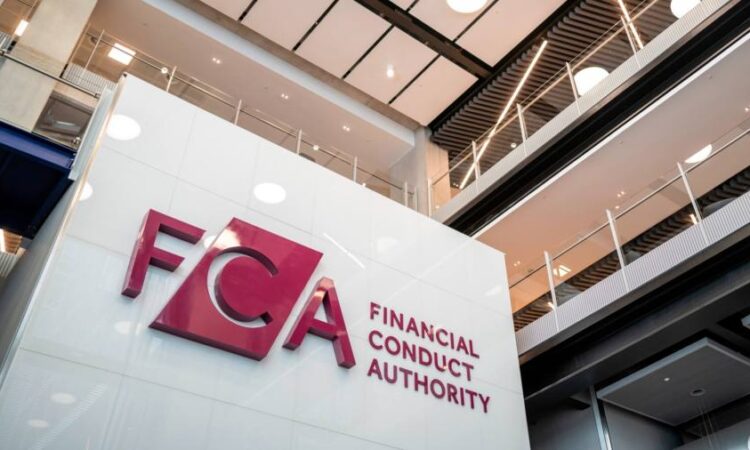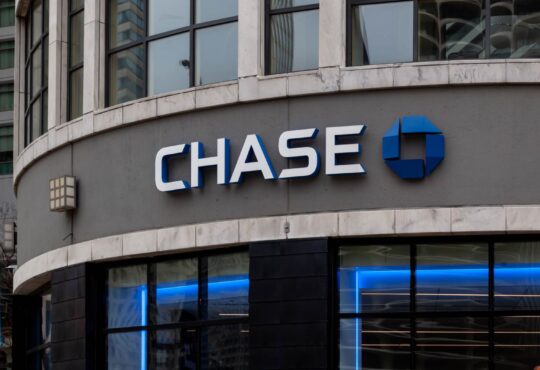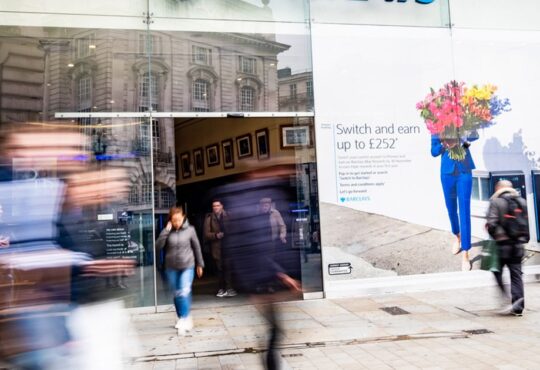
Receive free UK banks updates
We’ll send you a myFT Daily Digest email rounding up the latest UK banks news every morning.
The UK’s top financial watchdog will write to banks on Wednesday asking for details on customers they have “de-banked” as part of a government-ordered review into the interplay of banking services and free speech.
The move by the Financial Conduct Authority comes after chancellor Jeremy Hunt told the regulator last week to establish urgently how many customers had been blacklisted for their political views, adding that “a threat to be de-banked is a threat to your right to express your opinions”.
The intervention followed the decision by Coutts, a private bank owned by NatWest, to close the accounts of former Ukip leader Nigel Farage.
The regulator will require the banks to disclose the number of accounts they have terminated or suspended or the instances where they have denied services and the reasons for those decisions.
More than 25 of the largest banks and building societies have been given an August 25 deadline to respond with the FCA planning to publish its findings by mid-September.
Hunt has urged the regulator to hit banks with heavy fines should it find that the practice of blacklisting of customers for their political views was widespread.
Responding to the chancellor, FCA chief executive Nikhil Rathi said the watchdog recognised “the increased public concern about payment accounts being closed without fair justification.” He said the regulator had “been preparing a data exercise” to establish how widespread the issue was.
In a meeting before Hunt’s intervention, senior executives from Barclays, HSBC, Lloyds, NatWest, Santander and Nationwide had met City minister Andrew Griffith where they committed to upholding clients’ “freedom of expression”. The Treasury said those who attended “acknowledged that recent events had impacted upon public trust for the whole sector.”
Farage revealed last month that his business and personal bank accounts had been closed by Coutts without explanation. He later established that a central reason for the decision was that his political views did “not align” with those of the bank.
Those revelations led to a political backlash against Coutts’ parent NatWest, whose largest shareholder is the government. Alison Rose, the chief executive of NatWest, lost her job in the row that ensued. Coutts chief executive Peter Flavel also quit, saying he bore “ultimate” responsibility.
The government opened a consultation into freedom of speech and access to financial services earlier this year after rightwing commentator and journalist Toby Young complained that the Free Speech Union group he founded had its PayPal account frozen last September.






